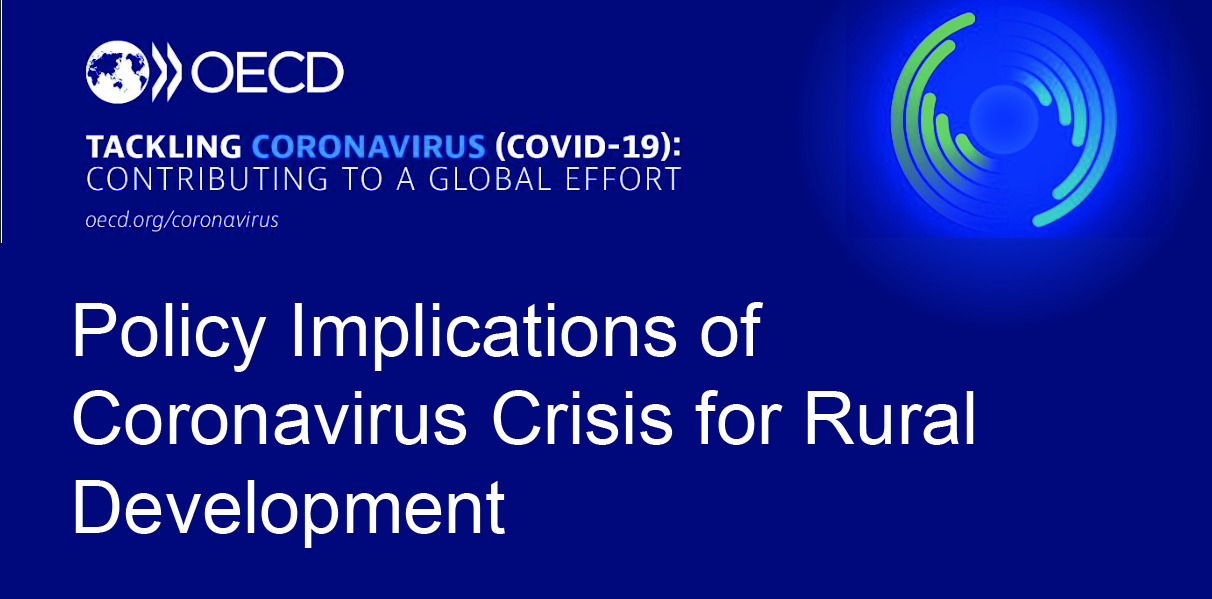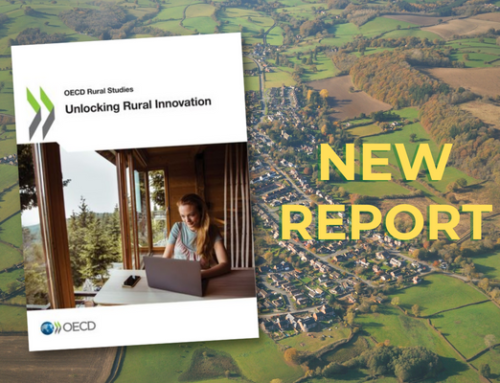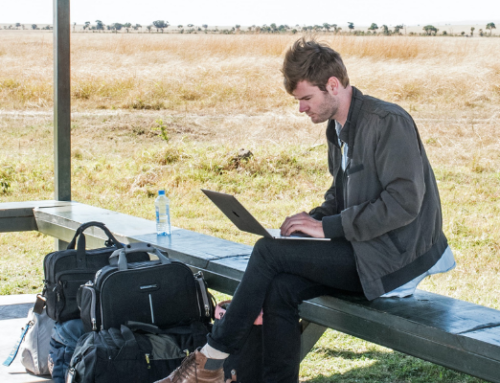The Organisation for Economic Co-operation and Development (OECD) has recently published a policy note on the implications of coronavirus crisis for rural development. The document outlines digitalisation as one of the responses adopted in many member countries to help rural communities and businesses cope and adapt to this health crisis.
The gaps in accessing digital services during the pandemic have elevated the political discussion on whether the deployment of quality broadband across all the territory should be a basic right for all, including rural areas.
As mentioned in DESIRA’s article on ‘How will digitalisation de affected by coronavirus?’, confinement measures are encouraging remote working practices, remote learning and e-services. The COVID-19 crisis has boosted the uptake and use of digital technologies in rural areas where rural business models and basic services delivery systems (e-health, e-learning, etc.) are adapting to the new context by going digital. The OECD outlines this situation as an opportunity to enhance well-being in rural areas, making them more attractive to people and businesses. In this context, DESIRA will support rural areas to better understand the positive impacts and the unintended effects that digitalisation might bring to rural areas, so appropriate action is taken to maximise its benefits.
The OECD policy note also provides a series of recommendations for Member States about how to leverage on the opportunities that are currently emerging. It specifically highlights ‘measures that can accelerate digitalisation and provide essential services in innovative ways should be at the forefront of policy priorities’. These measures include the speeding-up of investments in digital infrastructures in rural regions; enhancing the digital support ecosystems; and encouraging the uptake of remote services by better adapting national rules to the specificities of rural communities, training of teachers and health care professionals to adopt remote forms of service delivery.
The document was presented at a webinar organised on the 22 June 2020 that focused on the potential effects and challenges on the economy and well-being of rural regions over the short-term and medium/long-term caused by the COVID-19 pandemic crisis (see presentations).
Read the full document and find examples of the measures highlighted, at the following link.




